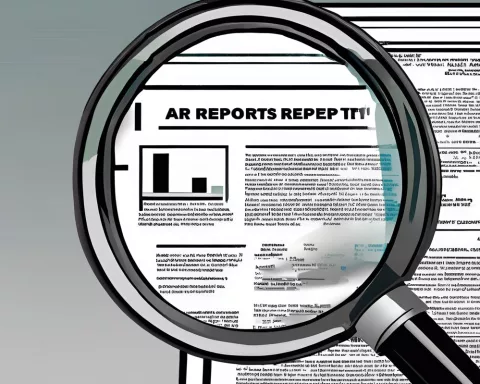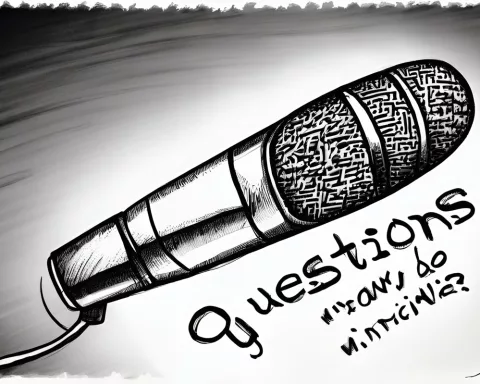The Special Investigating Unit (SIU) has been investigating fraudulent claims submitted to the Unemployment Insurance Fund (UIF) under the Temporary Employer/Employee Relief Scheme (TERS). The investigations have uncovered a web of deceit and exploitation, emphasizing the significance of transparency and accountability in the allocation of public resources.
Exploitation of TERS Program
The TERS program was implemented to provide relief to those negatively impacted by the pandemic, including employees who were laid off or had their salaries reduced due to the economic downturn. However, some unscrupulous individuals and companies have taken advantage of the situation by exploiting the program’s loopholes to receive funds they were not entitled to.
Devastating Impact
The SIU’s investigations have revealed the devastating impact that fraudulent activities have not only on the UIF but also on the broader public. Resources intended for those in need are diverted to those who do not require them.
Recoveries and Accountability
The recoveries made by the SIU demonstrate the importance of effective and efficient investigations in protecting public resources. Companies that received TERS funds they were not entitled to have signed acknowledgements of debt, holding them accountable for their actions.
Legal Consequences
The SIU’s investigations have also led to legal consequences for those involved in fraudulent activities. Admirer Sibanda’s sentencing for identity theft to commit TERS fraud serves as a warning to others who may consider exploiting the system. The SIU’s work is critical in deterring such behavior and upholding the integrity of public resources.
Importance of TERS Program
The TERS program has been a lifeline for many during the pandemic, providing much-needed relief to those negatively impacted by the economic fallout.
In conclusion, the SIU’s work in recovering misappropriated TERS funds is crucial in ensuring that public resources are allocated fairly and transparently. Recoveries and legal consequences for those involved in fraudulent activities illustrate the importance of upholding the rule of law and maintaining the integrity of public resources. The SIU’s ongoing investigations demonstrate their commitment to protecting the public interest and holding those who exploit the system accountable.












